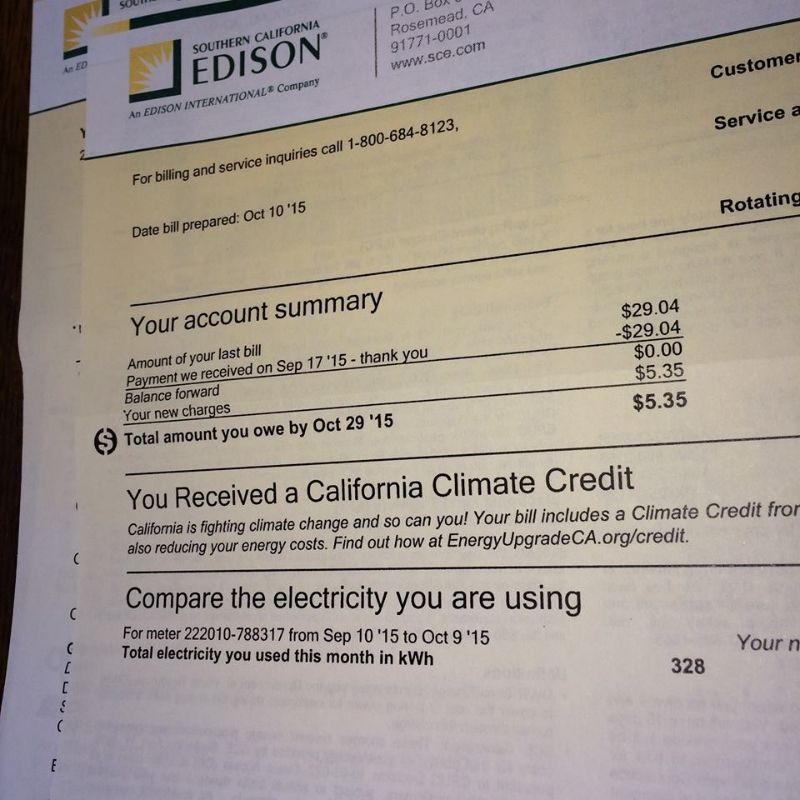http://www.nytimes.com/2016/07/27/busine...-share&_r=0
As I've tried to explain in other threads, rooftop solar, which is generating while no-one is home using it is pushing the energy markets around.
Supply and Demand, when a disruptive technology like solar goes in OVER the top of existing infrastructure pushes prices down while the sun is shining, and makes the peaks more expensive as generators leave the market.
Quote:
Mr. Holtmann was occasionally among the highest users during the summer, so he was happy to save money, while doing something to reduce harm to the environment.
Not long after moving into his house in 1973, he installed a solar water heater. The first set of solar panels went on the roof around 2008. That slashed his annual electric bill to $78 from about $1,300. But the bill shot up again after he bought the new car, a Chevy Volt electric hybrid, so he bought a second set of panels in 2014.
The rate schedule Mr. Holtmann chose was based on PG&E’s longstanding assumption that the highest demand for the utility’s electricity was occurring between noon and 6 p.m. But now, because there is so much solar energy pouring into the grid from morning through late afternoon, the utility’s peak demand comes closer to the evening, when the solar supply drops sharply as the sun sets.
He needs to stay home and charge his car, and drive only at night.
As I've tried to explain in other threads, rooftop solar, which is generating while no-one is home using it is pushing the energy markets around.
Supply and Demand, when a disruptive technology like solar goes in OVER the top of existing infrastructure pushes prices down while the sun is shining, and makes the peaks more expensive as generators leave the market.
Quote:
Mr. Holtmann was occasionally among the highest users during the summer, so he was happy to save money, while doing something to reduce harm to the environment.
Not long after moving into his house in 1973, he installed a solar water heater. The first set of solar panels went on the roof around 2008. That slashed his annual electric bill to $78 from about $1,300. But the bill shot up again after he bought the new car, a Chevy Volt electric hybrid, so he bought a second set of panels in 2014.
The rate schedule Mr. Holtmann chose was based on PG&E’s longstanding assumption that the highest demand for the utility’s electricity was occurring between noon and 6 p.m. But now, because there is so much solar energy pouring into the grid from morning through late afternoon, the utility’s peak demand comes closer to the evening, when the solar supply drops sharply as the sun sets.
He needs to stay home and charge his car, and drive only at night.


